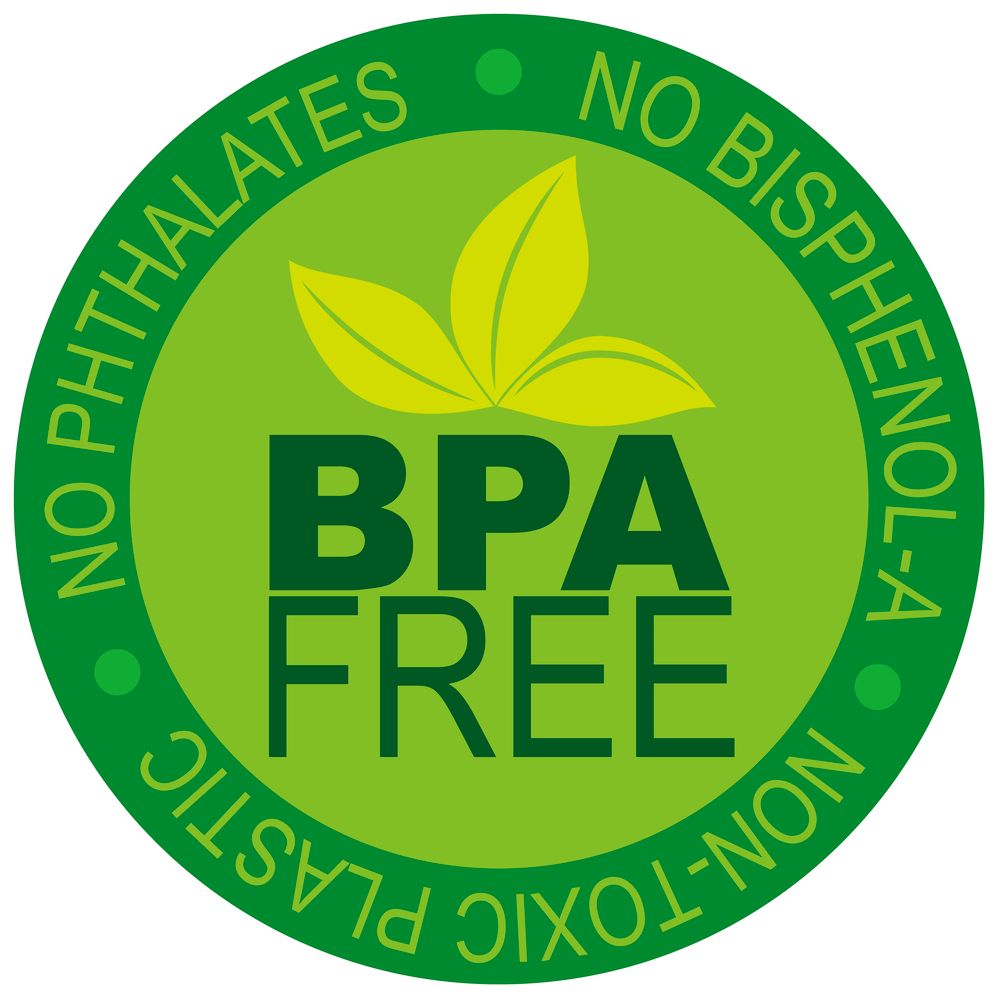What is BPA?

What is BPA?
How to safely store leftovers this holiday season
By Madeleine Kates
While BPA is often discussed with regard to human health and safety, most people know very little about it. BPA stands for bisphenol A, which came to market in the 1950s in order to create stronger plastic products. Since then, large amounts of BPA produced each year have leached into food, water supplies, and our bodies. BPA has been found in baby bottles, dental fillings and sealants, medical devices, eyeglass lenses, DVDs, CDs, household electronics, kitchenware, and sports equipment, to name a few.
The biggest concern regarding BPA is that it can interfere with the production, secretion, transport, action, function, and elimination of our natural hormones if it enters our body. While the FDA has reviewed available information and studies to limit its use in some products, many countries have already restricted its use.
With the holidays fast approaching and many of us looking forward to eating our favorite leftovers, storing them in a way that minimizes our risk to BPA-containing plastics can be easily accomplished.
Ditch old containers and bottles. Often, containers you have been holding on to for quite some time are past their prime or not meant to go through the microwave as often as they have. Consider switching to stainless or glass containers, including mason jars, to store leftovers in the fridge or freezer. Many popular stores now carry plastic and glass containers displaying a BPA-free seal. Look for them and read about proper food storage and reheating instructions that come with them.
Do a kitchen scan. There’s no better time to clean out your kitchen cabinets than during a pandemic. Determine which containers are in good condition and those that have seen their day. Most products have a lifespan, so thank and recycle those that may no longer be a good option for safe food storage.
When in doubt, send it out! Don’t think you can finish everything before it spoils or gets put in the back of the fridge? A great way to reduce waste and minimize storage is to send guests away with leftovers, even encouraging them to bring their own containers for that purpose.
While BPA may sound foreign, it is something we likely come in contact with every day. For more information about BPA and ways to reduce plastics in the home, visit https://tinyurl.com/yygfwsa2.
Madeleine Kates is a freelance writer, a pre-health student at Niagara University, and an editor for Buffalo Healthy Living Magazine.









